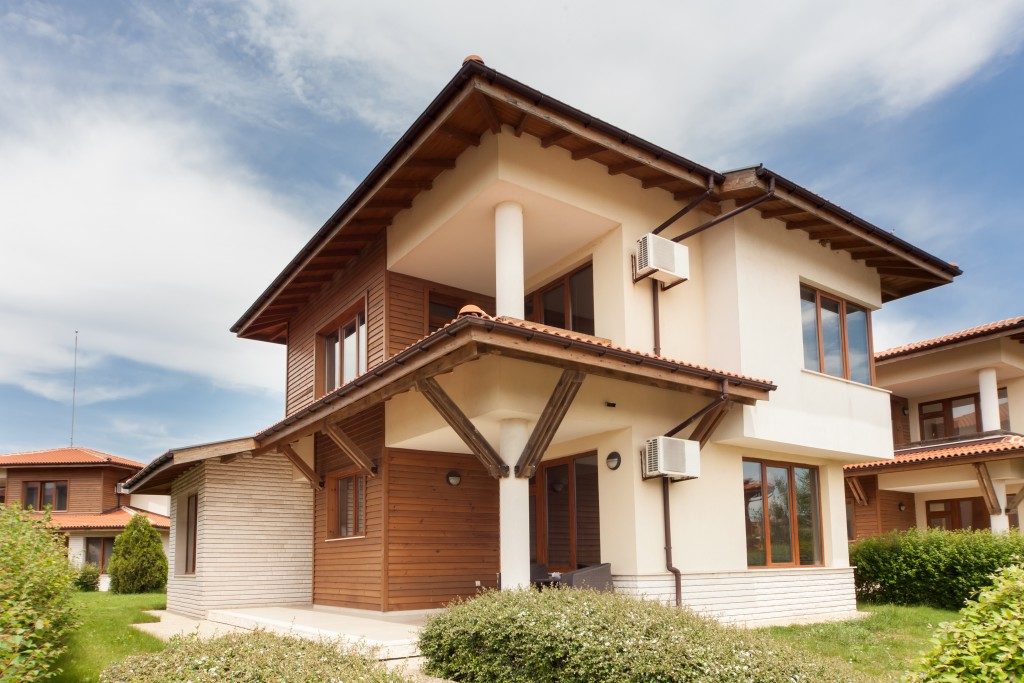Applying for a mortgage refinance in Utah is a popular way to reset the clock of your home loan with a smaller interest rate or a shorter term. Generally, the point of replacing the old mortgage with a new one is to save interest from then on.
Many homeowners in states like Utah and Arizona like to jump at the chance to receive more money out of the deal. A cash-out refinance a borrower to get more money than the outstanding balance of your mortgage. Of course, this loan option is only feasible when your house’s value exceeds what you owe on your mortgage. Although the cash-out strategy lets you use your house as an ATM, refinancing your loan this way can be problematic: You may end up owing more money than what your property is worth should it depreciate over time.
But there is another mortgage refinancing strategy in Utah that is less popular but can be extremely effective when used properly: the cash-in refinance. This loan arrangement involves paying money out of pocket at closing as part of the transaction.
Meet a Lender’s Maximum Loan-to-Value (LTV) Ratio
If you want to refinance but your current situation does not meet a lender’s LTV requirement, bringing cash in allows the deal to push through. For example, if your prospective lender is only willing to loan you 90% of your property’s current value and you owe more on your current mortgage than the maximum amount you can borrow, paying extra money upfront can help you bring down your outstanding balance to an acceptable level.
You can’t refinance your mortgage for less than what you owe because the funds will not be enough to pay off the loan. When this happens, the lender who holds your first mortgage will continue to have a lien on your house.
Qualify for a Much Lower Interest Rate

If you are below the LTV threshold of a refinancing lender, you can bring cash in at closing to help you negotiate for lower interest. Whether the other party agrees to your asking mortgage rate or not, you will already pay less on later interest by reducing your loan amount and cutting down the unpaid principal balance. As a bonus, your extra upfront payment automatically builds equity on your property.
Avoid Private Mortgage Insurance (PMI)
Borrowing more than 80% of your property’s value merits an automatic PMI charge. This insurance coverage protects your lender’s pocket, not yours, so it is wise to avoid it as much as you can. If you have not reached that LTV ratio at the time of your refinancing application, paying down your mortgage enough eliminates the additional expense outright.
Like any other mortgages, a cash-in refinance requires consideration. It can be a good option if you plan to keep your new loan long enough to recoup your initial expenses for refinancing. But if your current interest rate is already low enough not to be refinanced, then you may be better off using your extra cash elsewhere to potentially receive greater returns.



